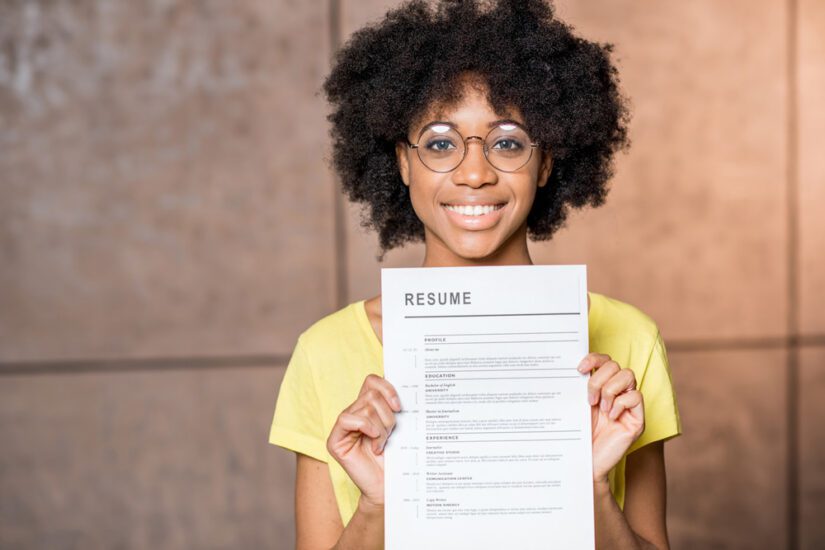A good resume shows professionalism and can be a major contributing factor towards getting hired. Tutor Doctor has some great resume tips to help students preparing to apply for their first job!
1. Use a template. There’s no reason to start building your resume from scratch! There are tons of great templates to choose from online, and most word processing software even offers built-in templates for resume writing. By using a template, you make sure the layout you are using is appropriate for professional applications.
2. Be concise. Try to be as brief as possible. Although you don’t want to keep things too short, a good rule of thumb is to limit your resume to a single page. You will likely be printing multiple copies to bring for your interview, and using concise language gives you an opportunity to elaborate on your experience during the interview itself.
3. Include appropriate information. When listing items like work experience and education, only include information that is applicable to your current job search. Generally, there’s no need to include any education background before high school, and you may want to avoid items that are no longer relevant.
4. Tailor your resume to the job you want. Related to the last tip, you can even customize your resume to fit the needs of the job you’re applying for. For example – if you’re applying to work as a server at a restaurant, past experience in food service would be a smart thing to include. For specialized positions, make sure to include any experience you’ve had in the field (this is especially true for positions that require a STEM background).
5. Clearly display your contact info. There should be no question of how to contact you – make sure your contact information is clearly displayed at the top of your resume! You should include a phone number and email. Oh, and by the way – make sure your email address is appropriate for job applications! We know it’s fun to use nicknames for our personal emails, but you may want to consider making a “professional” address for job-seeking purposes.
6. Keep it professional. Common sense really applies here – keep your resume professional, both in writing and appearance. You want to use formal language, and make sure to choose an appropriate and easy-to-read font (you can’t go wrong with either Arial or Calibri). If it’s not something your English teacher would accept on a standard writing assignment, you probably shouldn’t include it!
7. List any special skills or qualifications. Feel free to include any special skills that are applicable to the job you’re applying for. You can also add items that aren’t necessarily professional, but still speak to your character. For example, mentioning a hobby (like playing an instrument, or participation in sports) or volunteer work can help make your resume “stand out” from the stack.
8. Provide references. Previous employers and former teachers are excellent references. By including references, you are providing credibility to back up your resume’s content.
9. Write an opening statement or cover letter. Include a brief opening statement to let the employer know your mission or current goal. This can even be a great opportunity to mention your career interests or future motivations. We recommend keeping your cover letter brief – with a one-page resume, even a short paragraph outlining your mission statement is perfectly acceptable.
If everything goes well, check out our blog on how to nail your first interview!




